a little while ago i received an email from a woman named caroline, who was, like david, born with two fingers. i was immediately intrigued and wanted to hear more of her story. she is filled with inspiration and insight. after talking a bit, i asked her if she would be willing to be interviewed on the blog–and she agreed!
*
caroline lives in the UK with her husband and two sweet daughters. below you’ll find her thoughts and gain insight from her life experience. leave a comment and let us know if anything has impact on you!
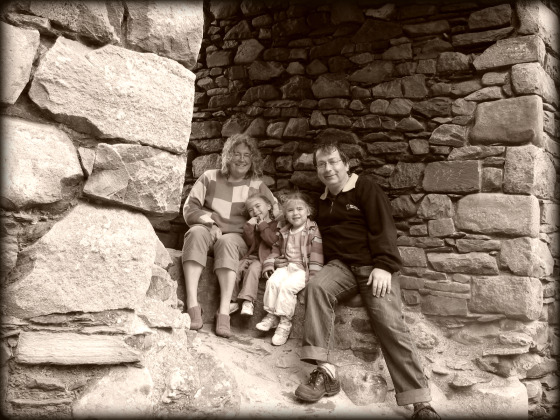
hi caroline! you have a small hand–can you tell us about it?
.
Yes I have. I was born with a little finger, another “finger”, and a thumb on my right hand. I am right-handed. I had several operations as a child when a very clever plastic surgeon made the middle finger into two fingers. He put the feeling nerve in one finger and the movement nerve in the other finger. I have ended up with a normal little finger and thumb, one finger that just “flops” and doesn’t really do anything, and another finger that does move, but only has one joint in it so only bends to 90 degrees
.
how did having a small hand affect your development as a child?
.
I am very fortunate not to have other disabilities, and to have parents that fiercely wanted me to live a normal life and be treated the same as everyone else, so I am not aware that it affected my development at all. I learned to pick things up and open doors with my feet and do most things with my left hand. I also had 2 periods in hospital, so that must have affected my schooling in some way. I feel fortunate having had this from birth and not from injury as I just naturally compensated. As a family we all accepted and compensated for one another. I don’t think my brothers every thought of me as disabled. My brother had an allergy to the pet rabbit we both shared and so I took on all of her care – she still belonged to both of us.
.
was it hard having a physical difference as a teenager?
.
I did find it hard as a teenager. Growing up, as a teenager, I did have a low self confidence and low self-acceptance, and although I longed to be married, assumed that no-one would want to marry me because of my hand. (My biology teacher was talking about genetics and described a tribe of hairy-eared men which died out “because who would want to marry a man with hairy ears” – this affected me very deeply at the time because my immediate teenage thought was – well my hand is far worse than having hairy ears. Of course I know now that my thinking was very wrong). I knew that my parents and brothers loved me and accepted me unconditionally, but it was not until I had some new youth workers at church who did the same that I started coming out of my shell and stop hiding so much. I discovered that people stared at my hand, more because I was very conscious of it and because I hid it a lot sometimes. As I grew older and started waving both my hands about while I was talking etc, people seemed to not notice any more (except when shaking hands or when I was writing cheques etc) and so I started becoming less conscious of it myself. I did sometimes have a hard time at school with other children staring or whispering about my hand just within my earshot, so my reaction was to always wear a top or jacket with large pockets so I could keep my hand hidden. This made the problem worse – where it had been only one or two people, it then became quite a few after that, but I didn’t connect it at the time. I have seen old school friends since and I remember myself as being very shy and retiring and hiding away – none of them remember me in that way at all! I also found out that I was apparently quite popular, but I never recognised that! It may explain why I was chosen to play the lead part in our end of school movie production even though I had never done any acting in my life before!!
.
how have you overcome insecurities about having a physical difference?
.
I am a Christian and that has helped me a lot. I know that God loves me and accepts me the way I am. I have been able to see positive sides of being different and having a small disability. It has been some years, and several people have been involved in helping me (most without realising it). When I was in my early twenties I had a boyfriend who happily held my right hand, and for some reason I had a problem with that (at the time I had not looked at my hand for several years and he brought me to the place where I was comfortable looking at it). One morning I was looking out of my window with the rain outside, feeling totally overwhelmed with my hand and all the things I could not do, and felt God speak to me very clearly and say that He has made me as I am. Who am I to say He got it wrong (it probably sounds quite strong, but in the place I was then, I needed strong words to get through to me).
I also had a very close friend who found that looking at different fingers made her feel sick. She looked at my hand and was fine, so that helped me a great deal.
When I had my twin daughters I had to face the fact that I found it impossible to ask for help – I think that in my mind I was admitting that I had a disability if I asked for help with anything, and I could not admit that to myself, let alone anyone else. I did accept help though and my parents and my church were absolutely amazing – my church formed a rota and cooked meals for our family for three months and my parents came and helped me every day and night for six months. This meant that I was able to nurse both my daughters myself and bond with them properly.
.
how do most people react when they see your hand for the first time?
.
As a child and teenager, some children and teenagers reacted with revulsion, and adults tended to react with pity. Now people tend to stare with a rather fierce or serious expression and then when they see that I have noticed they look away.
.
ideally, how would you like people to react when they see your hand?
.
I do understand that sometimes we all find that we are staring at something, without even realising. It would help me, if, when a person realised that they were staring at my hand, they looked me in the eye and smiled. To me, a stare can communicate a lack of acceptance and a smile communicates acceptance.
.
how did you and your husband meet?
.
My husband moved to the area where I was living and joined my church to be near his girlfriend at the time, who I was sharing a house with! We knew each other for 10 years before we started dating. We were very close friends for a long time – I called him my soul-mate because we understood each other. We both had things about us which meant that some people tended to put us on a pedestal (I had a very successful career) and we kept each other grounded. It was not until he moved away that we realised that we actually loved each other!!
.
are there things that are physically difficult for you to do?
.
There are many things that are physically difficult for me to do. I can only write for short periods of time as my hand gets tired and loses its strength. I am unable to chop or prepare food; shopping is difficult now I have children as I like to hold one of them in my good hand, but can only carry the shopping with my little finger. Doing up buttons, zippers and fasteners can be a struggle. Anything that needs a strong grip with a dominant hand is difficult or impossible for me. There are ways round most things though, I do my shopping on the internet, buy prepared food, type rather than write, dress my daughters in clothes with elasticated waists etc.
.
what do your daughters say about your hand?
.
Because I have now accepted my differences, they do too. They accept that I cannot lift them in the same way my husband can and they laugh with me when I drop things or can’t hold things properly. They accept others with differences because I just explain that they are like me, except that it’s their legs or face etc that is different. They call it my “funny hand” and love the fact that, because it is as thin as my tiny wrist, I can wear their bracelets
.
what can we learn from your experience?
.
I think that the main thing we can all learn is that we are all equal. We all have feelings, and although some of us are more different than others, we are basically the same. We all need to feel loved and accepted. I find that when people force their help on me, it is difficult to accept, but when they come beside me in friendship, accepting and showing love to me, I love being helped when needed. We have a group from our church who meet round at our house every other week. We all eat together and all prepare different parts of the meal. Jan, who arranges the food, always asks me to do something she knows I am able to do. She never makes a big thing of it or asks what I am able to do in front of others, she has never asked me to prepare any food that needs peeling or chopping. I love her for that!
.
anything else we need to know?
.
I know that once I was able to accept my hand as it is, I was far more able to live in a positive and fulfilling way. I cannot speak for others who have disabilities, most far more limiting than mine, but I can say that I would like people to understand that I am just like them – everyone is different in some way, no two people are absolutely alike (even my identical twin daughters have character differences). We all have things that limit us – for some it is emotional, for others, like me, it is physical. Our differences do not need to change the way we are accepted. I would like people to smile and show acceptance, because the hardest thing for me to deal with has been that my hand makes people feel ill or uncomfortable, or that they cannot accept me as a person. Pity is something I hate – I have a difference, that’s all, nothing to be pitied. I have many good things going for me too!!
* * * * *
isn’t she amazing??

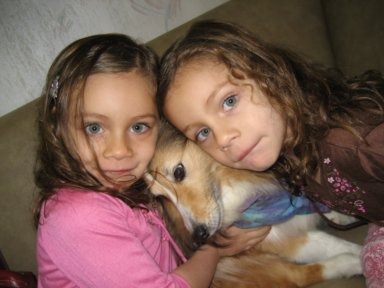
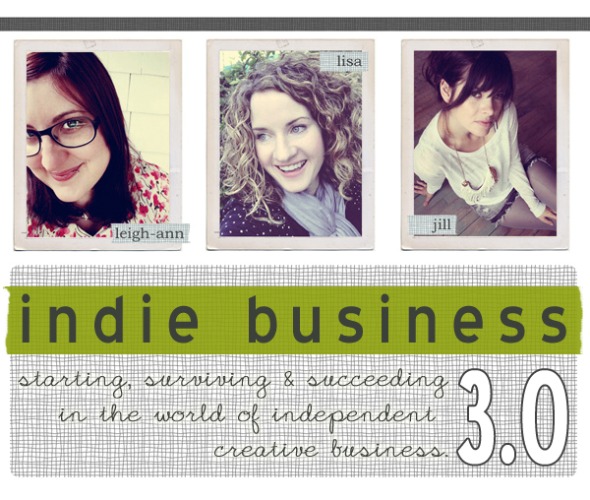
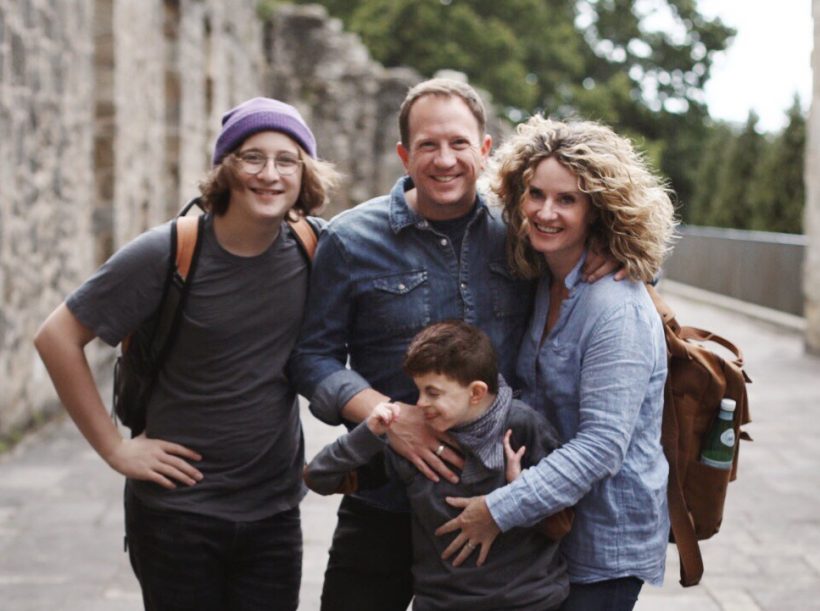
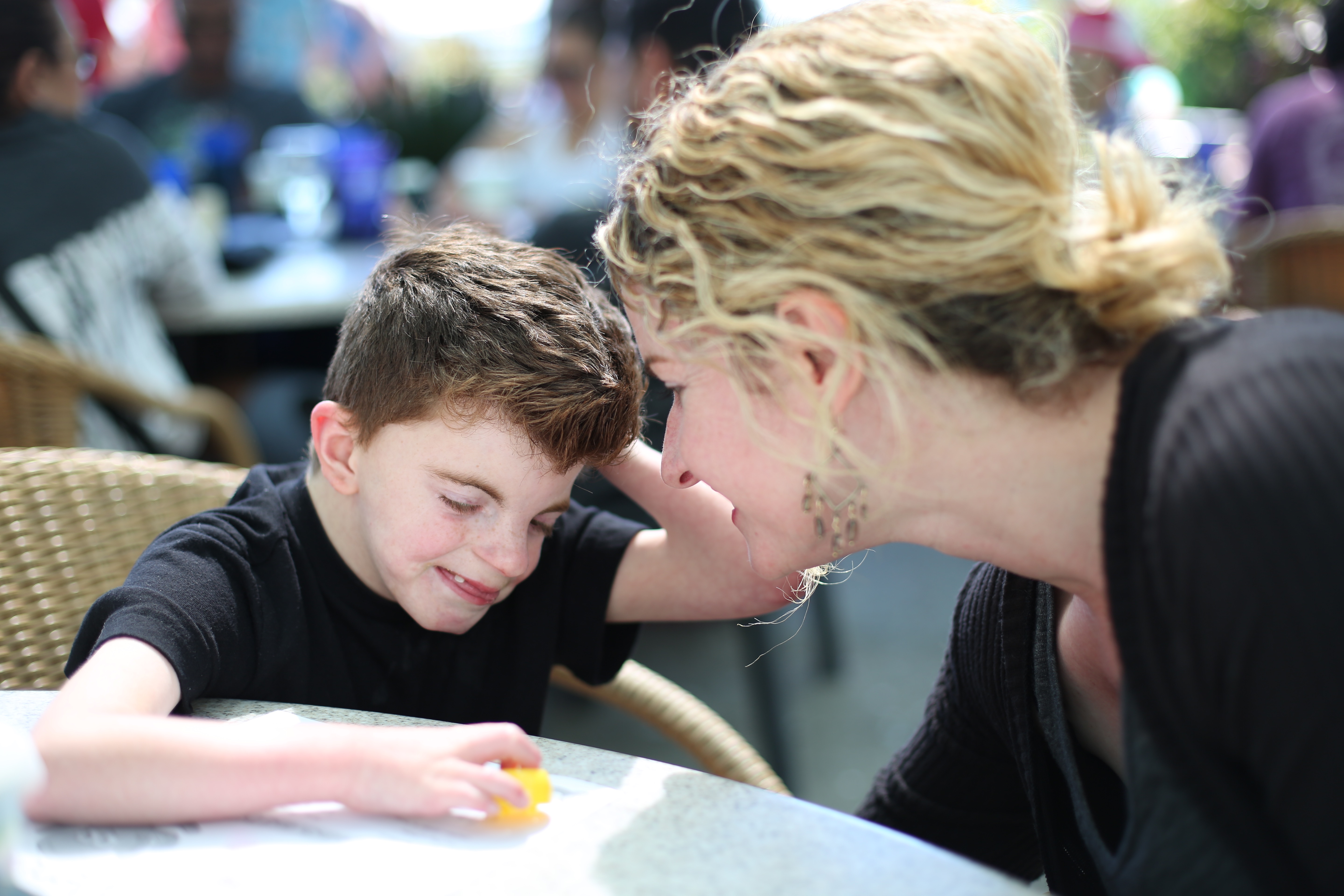
What a lovely and inspiring interview!
Lisa, I just discovered your blog (though I have long admired your jewelry) and wanted to perhaps encourage you a little bit: I have a nephew, now age 14, who was born without a hand. He does have a wrist on that arm. He can do anything! He lives in Colorado and is quite an outdoorsman. He hunts with guns or crossbow, and has recently begun making his own bows and arrows. He starts with a piece of wood, carves and rubs it smooth and uses sinew for the string. Real handiwork, from a boy with only one hand.
This is a great interview, thanks very much, Caroline and Lisa!
After reading Caroline’s advice to look people in the eyes and smile, I’m thinking just how wise that is, for so many situations. I am going to make a point to remember it! I know times when I feel on the spot it helps me – even if it’s just that my kids are having a fit in a store, if someone looks at my face and smile, it makes a difference. Thanks for the interview!
This was such a great post, I’m blessed to have read it. I’m really glad you addressed how you would prefer for people to react, it is something I have always wondered about!
inspiring
I sit here in amazement! I am blessed by the courage and the faith of the both of you. You have reminded me that life is a blessing, to cherish each moment and embrace life differences. Thanks for sharing your story Caroline and helping me to embrace others differences with respect and dignity.
Lisa–I haven’t been to your blog before, but it’s beautiful, and so was this interview. I found it very touching and inspiring. Thanks so much for sharing it with us! 🙂
Lisa thank you so much for sharing this! And thank you Caroline!
I love that her parents worked at her having a normal life, no different than others just because of her ‘difference’. Not making a big deal out of it, but helping her figure it all out and try to do what she could as normal as possible. Sort of like my parents treating me like their natural born child rather than adopted. Chosen and accepted wholly into their family. And Caroline accepted wholly as she was and is. What a beautiful story and a beautiful lady. Thanks, Caroline, for sharing so much with people you don’t even know. I pray it helps others along the way in their lives, too. God bless. And thanks, Lisa, for sharing this, too.
That last answer really got to me. amazing indeed– we should all be so filled with joy and grounded in gratitude. Her comments about accepting her hand just the way it is– that certainly can apply in a figurative way in all of our lives!
Thank you so much for sharing Caroline! It is a beautiful message and a great reminder to have her perspective. I really appreciated hearing how she doesn’t want people to force their help upon her but to come along as a friend. What a great reminder and encouragement for everyone!
yes, she is amazing! thanks so much for posting this–and thank you, Caroline, for sharing your story with us. What a beautiful life you have.
Many things here spoke to me. Thanks so much for sharing this interview. It’s helpful for me to know from Caroline’s perspective, how my actions might make her feel. I so appreciate her honesty. God is gracious and loves us all just as we are, doesn’t He? And He uses all of us – differences and all – to make us more like His Son and our Brother, Jesus.
Thank you so much for posting this! This interview brought tears to my eyes – not out of pity, but out of joy. Caroline’s testimony is a beautiful message. I deeply appreciate her sharing!